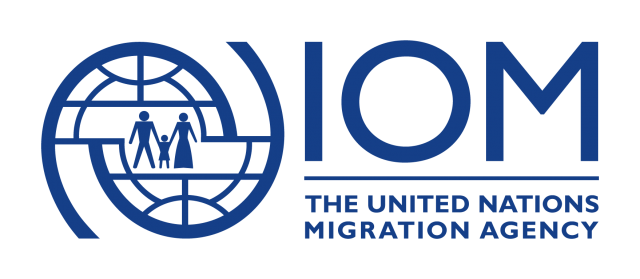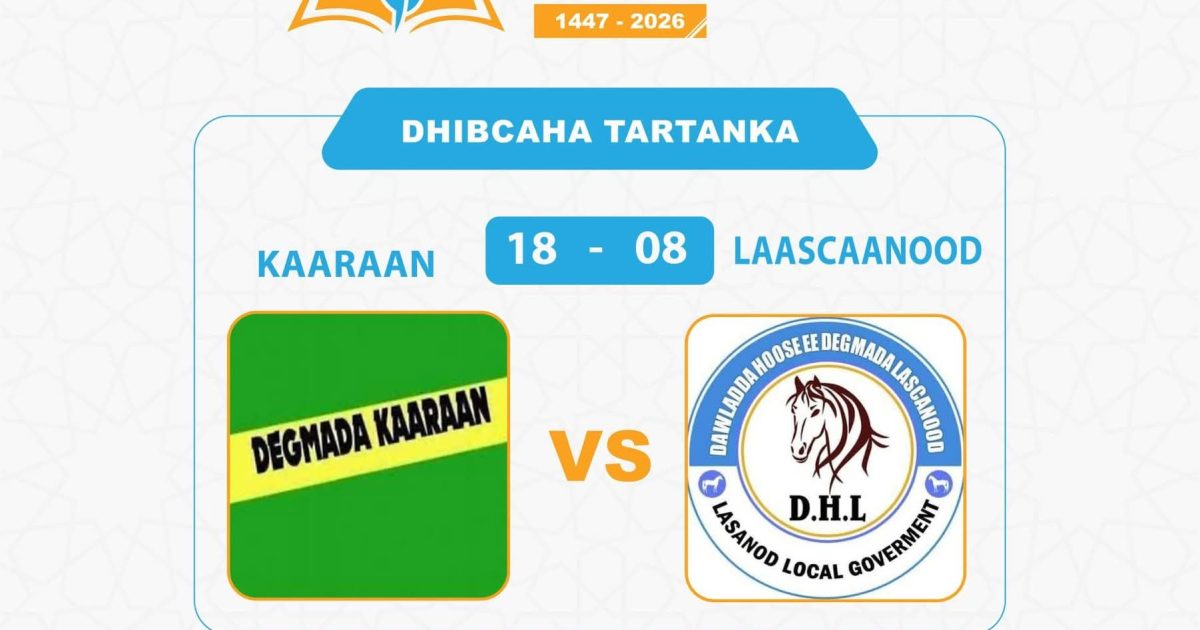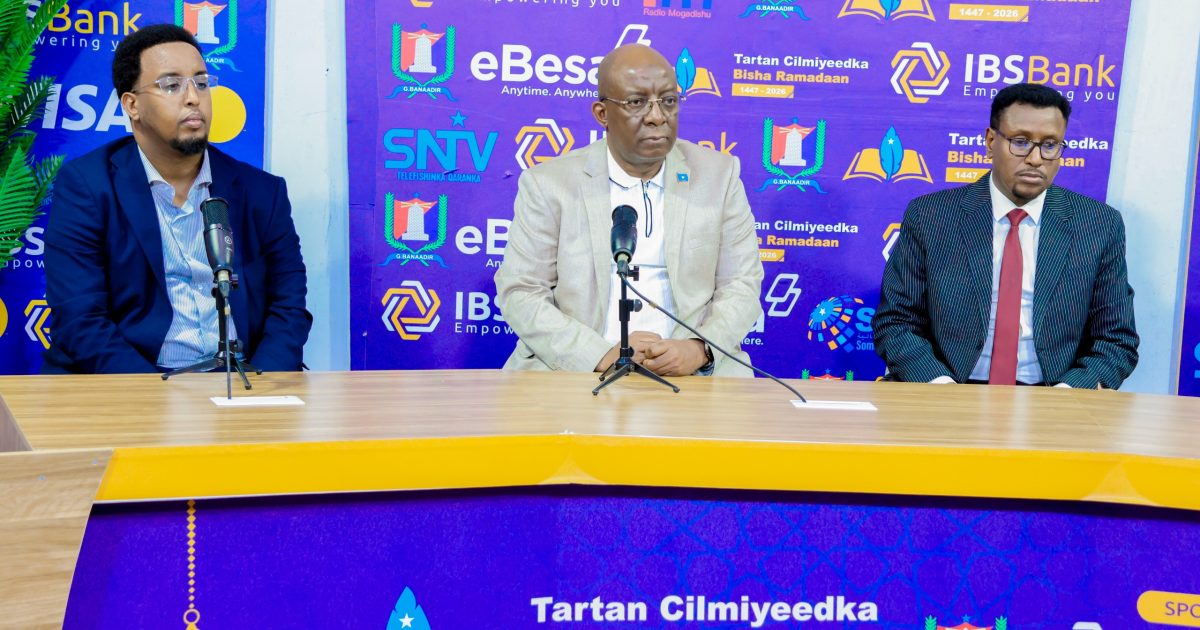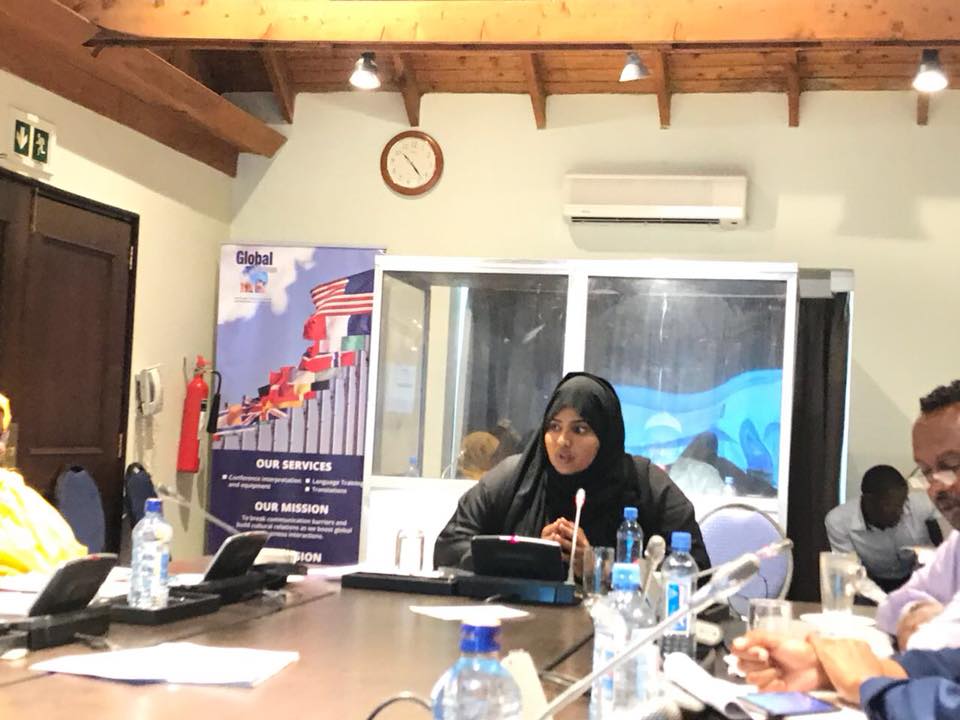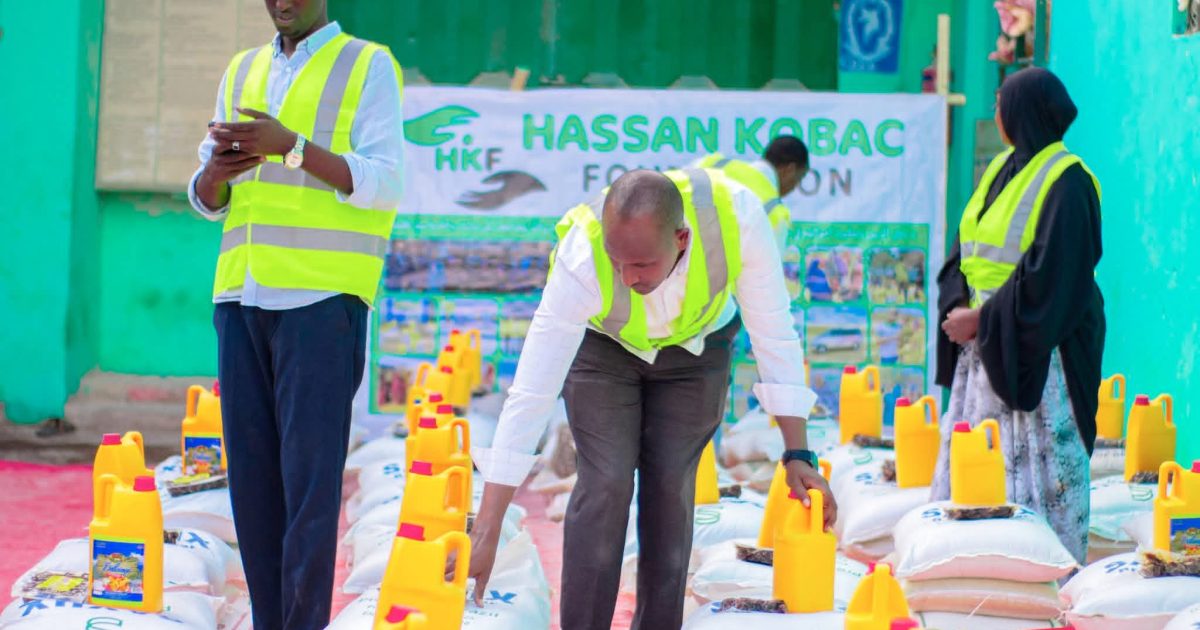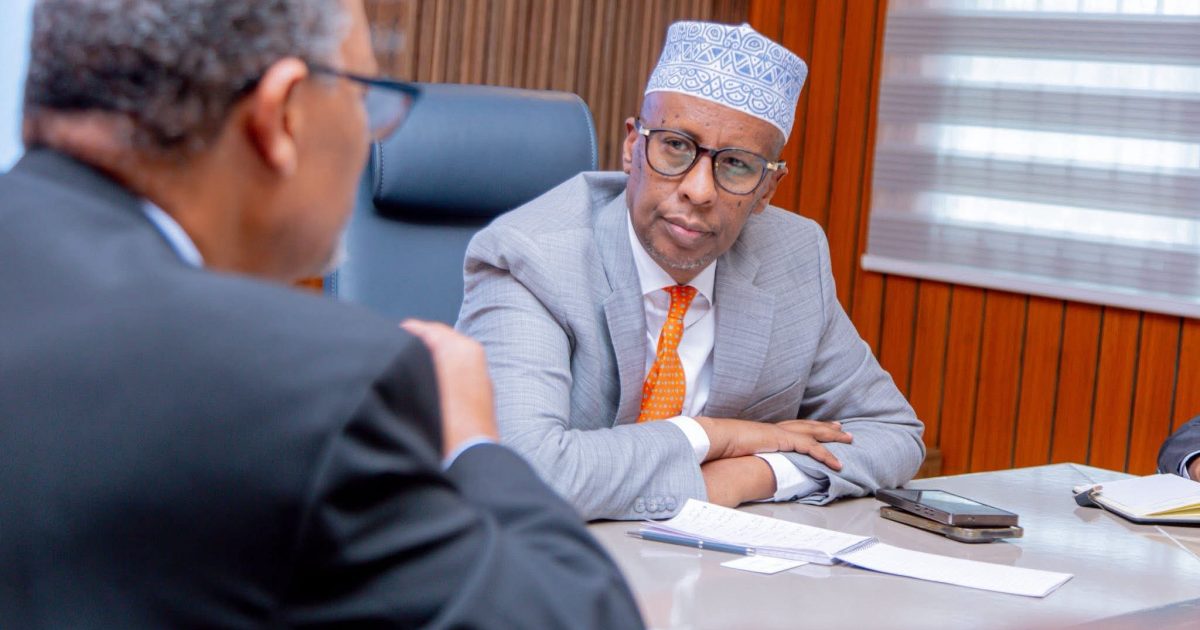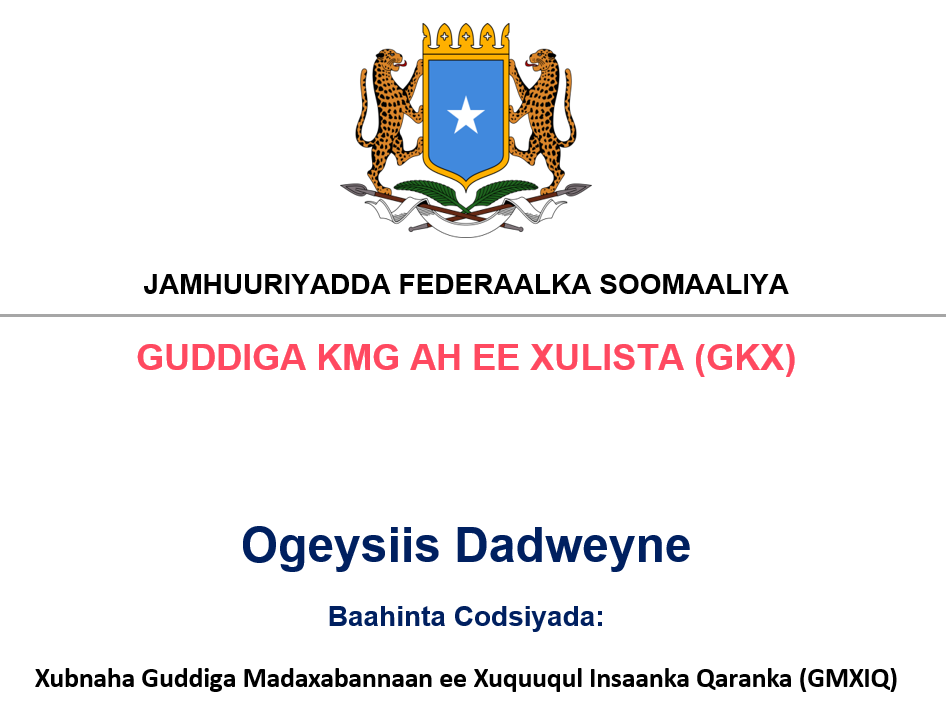IOM, the UN Migration Agency, opened an office in Dollow this week (25/01), in the Gedo region of Somalia.
This is in response to the large-scale displacements into Dollow in 2017, due to drought and insecurity. IOM has scaled up its emergency response programming in the region.
IOM currently works to meet the basic needs of internally displaced persons (IDPs) in settlements and affected host communities in Dollow through camp management, shelter reinforcement, water and sanitation provision, and health interventions. The work is done with a long-term perspective and an eye towards early recovery and durable solutions. Operating out of the Dollow office, IOM also implements community stabilization activities across the wider Gedo region, including the rehabilitation of schools and district administration offices.
“IOM’s work in Dollow would not be possible without the steadfast support and goodwill of the local authorities,” noted Kevin Merkelz, an IOM Operations Officer in Dollow. “The establishment of this office demonstrates our commitment to serve the affected communities of Dollow in 2018 and beyond.”
Dollow continues to host both newly displaced persons and those in situations of protracted displacement. In December 2016, an estimated 4,800 IDPs were living in Dollow, according to UNHCR’s Protection and Return Monitoring Network. By May 2017, IOM’s Displacement Tracking Matrix (DTM) estimated that over 40,000 individuals lived across 58 IDP sites. This figure increased to 75,684 by September 2017, when the Camp Coordination and Camp Management (CCCM) cluster undertook a Detailed Site Assessment.
IOM’s CCCM team is working closely with the Government of Somalia and Dollow District authorities to improve living conditions in displacement sites through site expansion and planning, as well as coordination with non-governmental organizations and other UN agencies.
IOM has been operational in Somalia since 2006, working closely with the Federal Government of Somalia, regional authorities, other UN agencies, donor governments, and civil society to address migration challenges.


